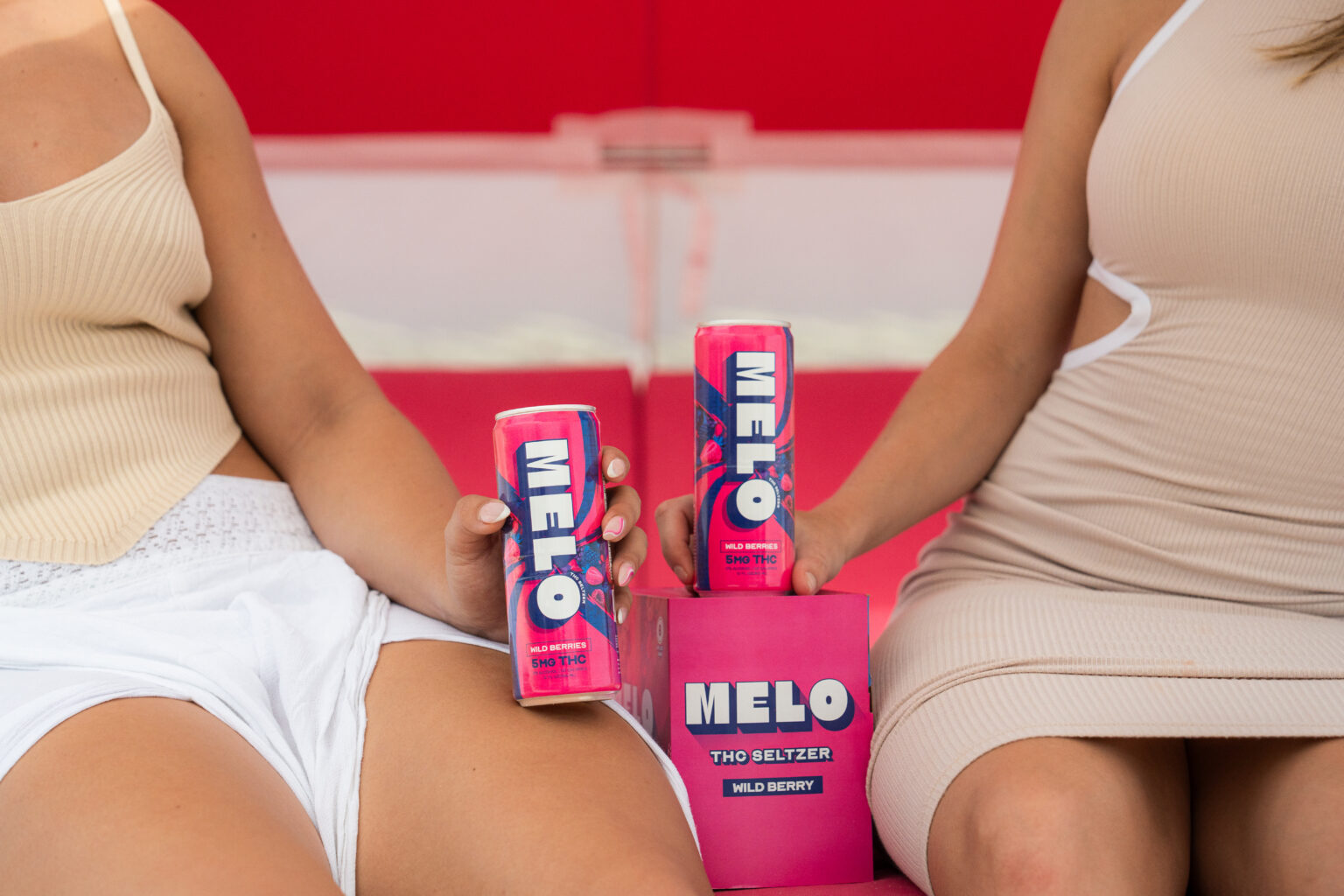Recreational Use
Recreational use refers to the consumption of cannabis for enjoyment or relaxation, rather than for medicinal purposes. In many jurisdictions, recreational use of cannabis has been legalized, allowing adults to possess, consume, and purchase cannabis products legally.
Federal Law
Federal law in the United States currently classifies cannabis as a Schedule I substance, meaning it is considered to have a high potential for abuse and no currently accepted medical use. This classification prohibits the manufacturing, distribution, or possession of THC drinks at the federal level, regardless of whether they are intended for recreational or medicinal use.
State Laws
However, numerous states have enacted their own legislation permitting the recreational use of cannabis, creating a patchwork of regulations across the country. In these states, it is legal for adults to purchase and consume THC-infused beverages like beers, sodas, and cocktails at licensed dispensaries.
It’s crucial to remember that even in states where recreational use is legal, there are often specific laws governing THC content limits, sales restrictions (age requirements, etc.), and public consumption.
These state-specific regulations can vary significantly, so it’s always important for consumers to familiarize themselves with the laws in their jurisdiction before purchasing or consuming any THC beverages.
Medical Use
Medical use refers to the consumption of cannabis products, such as THC drinks, for therapeutic purposes.
Federal Law
While federal law classifies cannabis as a Schedule I substance with no currently accepted medical use, many states have legalized medical marijuana. In these states, patients with qualifying medical conditions can legally obtain and use THC drinks prescribed by a physician.
These state-specific medical cannabis programs often have strict regulations regarding patient registration, doctor certification, product potency limits, and permissible consumption methods.
State Laws
Medical marijuana laws vary from state to state. Some states have comprehensive programs allowing patients with qualifying conditions to obtain and use THC drinks prescribed by a physician. These programs often require registration, doctor certification, and adherence to specific regulations regarding product potency and usage.
Other states may have more limited medical cannabis laws, permitting only certain conditions or forms of cannabis for medicinal use. It’s essential for individuals seeking medical cannabis to research the specific laws in their state to understand eligibility requirements, authorized uses, and legal procurement methods.
Labeling and Packaging Requirements
Labeling and packaging requirements for THC drinks are designed to ensure consumer safety and provide clear information about the product.
In states where THC drinks are legal, regulations often mandate that labels include the following:
• The name of the product
• The manufacturer’s name and contact information
• A statement indicating the product contains THC
• The amount of THC per serving
• The total amount of THC in the package
• A warning about potential side effects
Packaging requirements may also specify child-resistant closures to prevent accidental ingestion by children and tamper-evident seals to ensure product integrity. Additionally, some states require labels to include information about proper storage and disposal.
Age Restrictions
Age restrictions for purchasing THC drinks are in place across all states that have legalized recreational or medical cannabis use.

- The most common age restriction is 21 years old, mirroring the legal drinking age in the United States.
- Some states may have slightly different age requirements, typically set at 18 years old for medical marijuana patients.
- It’s important to note that these restrictions apply regardless of whether the THC drink is purchased for recreational or medicinal use.
Retailers selling THC drinks are legally obligated to verify the age of purchasers using valid identification.
Failure to comply with age restrictions can result in fines or other penalties for both retailers and individuals attempting to purchase THC drinks under the legal age.
Driving Under the Influence
The legal status of THC drinks in recreational and medical states is a complex issue due to the conflict between federal law and state-level legalization.
Federal law in the United States currently classifies cannabis as a Schedule I substance, meaning it has a high potential for abuse and no currently accepted medical use. This classification prohibits the manufacturing, distribution, or possession of THC drinks at the federal level, regardless of whether they are intended for recreational or medicinal use.
However, many states have enacted their own legislation permitting the recreational use of cannabis, creating a patchwork of regulations across the country. In these states, it is legal for adults to purchase and consume THC-infused beverages like beers, sodas, and cocktails at licensed dispensaries.
Medical use refers to the consumption of cannabis products, such as THC drinks, for therapeutic purposes.
While federal law classifies cannabis as a Schedule I substance with no currently accepted medical use, many states have legalized medical marijuana. In these states, patients with qualifying medical conditions can legally obtain and use THC drinks prescribed by a physician.
Labeling and packaging requirements for THC drinks are designed to ensure consumer safety and provide clear information about the product.
- The name of the product
- The manufacturer’s name and contact information
- A statement indicating the product contains THC
- The amount of THC per serving
- The total amount of THC in the package
- A warning about potential side effects

Age restrictions for purchasing THC drinks are in place across all states that have legalized recreational or medical cannabis use.
- The most common age restriction is 21 years old, mirroring the legal drinking age in the United States.
- Some states may have slightly different age requirements, typically set at 18 years old for medical marijuana patients.
- It’s important to note that these restrictions apply regardless of whether the THC drink is purchased for recreational or medicinal use.
Potential Future Changes
The legal landscape surrounding THC drinks is likely to continue evolving. Potential future changes could include:
- Further Federal Legalization: While unlikely in the near term, a shift in federal policy towards cannabis legalization could have a significant impact, removing the conflict between state and federal laws.
- Expansion of Medical Programs: States may expand their medical marijuana programs to include more qualifying conditions or allow for broader access to THC drinks for therapeutic purposes.
- Regulation Harmonization: States may work together to establish more consistent regulations for THC drinks, including standardized labeling requirements, potency limits, and sales restrictions.
- Increased Public Awareness and Acceptance: As societal attitudes towards cannabis continue to evolve, public support for legalization and regulation may grow, putting pressure on lawmakers to adapt.
- Technological Advancements: Innovations in cannabis production and testing could lead to the development of new THC drinks with improved safety profiles, consistent dosages, and novel formulations.
Melo Seltzer’s Delicious & Refreshing Cannabis Seltzers
- Why THC Soda Is Taking Over The Cannabis Beverage Market - June 7, 2025
- What Lip Filler Looks The Most Natural? - June 6, 2025
- What Are The Most Popular CBD Gummy Edibles In The UK - June 4, 2025
